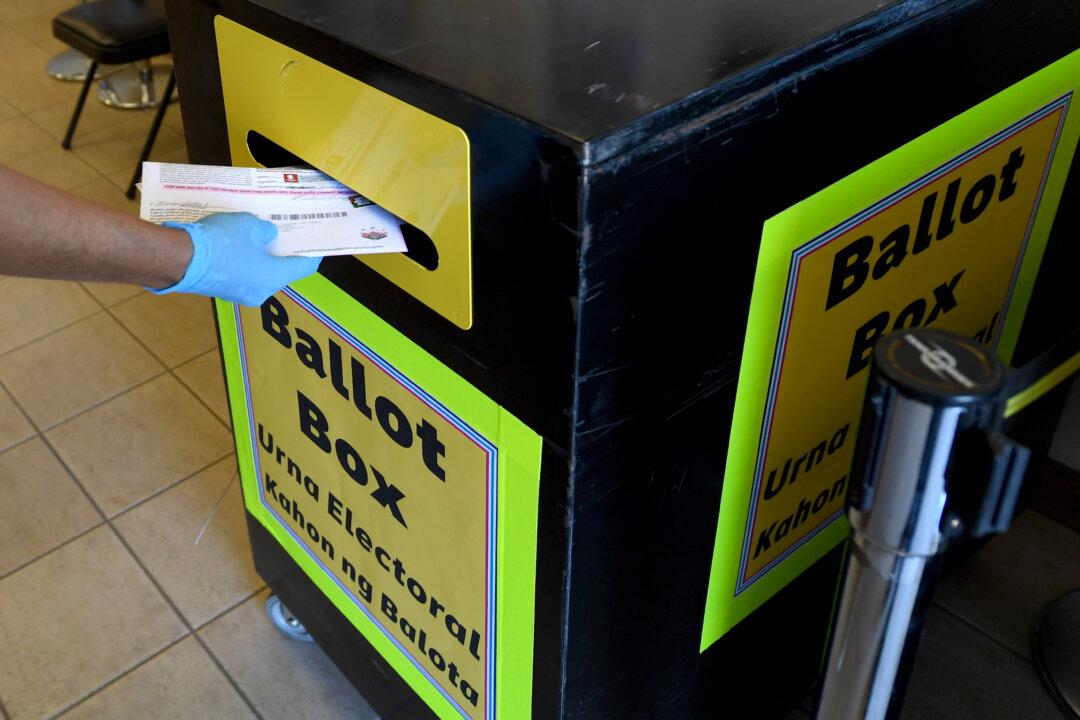An expert at the Heritage Foundation, a conservative think tank, said that the Democrat-led election reform bill would eviscerate ballot security measures, amounts to a federal takeover of elections, and is a “threat to American democracy.”
Hans von Spakovsky, senior fellow and manager of the election law reform initiative at the Heritage Foundation, told The Epoch Times in an interview that H.R. 1, also known as the For the People Act of 2021, essentially “voids all of the safety protocols and security measures and states have been put in place to protect the integrity of the election process.”





